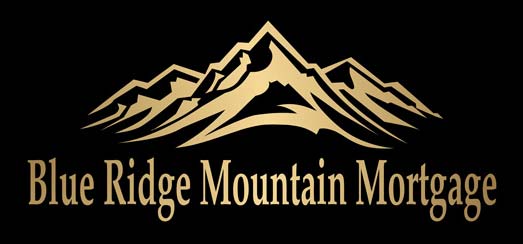Why You Should Choose a Mortgage Broker Over a Local Bank or Retail Lender
When you’re in the market for a mortgage, deciding where to go for financing is a crucial step. Should you go directly to a local bank or retail lender, or should you work with a mortgage broker? Each option has its own set of advantages and drawbacks, and understanding these can help you make the best choice for your financial situation. Let’s explore why using a mortgage broker might be the better option, along with the pros and cons of each.
The Advantages of Using a Mortgage Broker
Access to Multiple Lenders
- Mortgage brokers work with a wide range of lenders, including local banks, retail lenders, credit unions, and private lenders. This means they can shop around to find the best deal for you. Unlike local banks or retail lenders, which offer only their own products, brokers have access to a variety of loan options, giving you more choices and better chances of securing a loan that suits your needs.
Expert Guidance and Personalized Service
- A mortgage broker acts as your advocate throughout the home-buying process. They take the time to understand your financial situation, goals, and preferences, and then match you with the right loan product. This personalized service is especially beneficial if you have unique circumstances, such as being self-employed, having a variable income, or dealing with credit issues.
Potentially Lower Rates and Fees
- Because brokers have relationships with multiple lenders, they often have the ability to negotiate lower interest rates and fees on your behalf. This can result in significant savings over the life of your mortgage. Brokers are also well-versed in the different loan programs available, and they can guide you to options that may offer lower costs.
Streamlined Process
- A mortgage broker handles much of the legwork for you, from gathering necessary documents to submitting applications and communicating with lenders. This not only saves you time but also reduces the stress and complexity of the mortgage process. With a broker, you have a single point of contact, making the entire experience more straightforward and less overwhelming.
Flexibility and Creativity
- Mortgage brokers can offer more flexible loan options compared to local banks or retail lenders. If you have a less-than-perfect credit score or need a loan with specific terms, a broker can often find creative solutions that traditional lenders might not offer. This flexibility is key for borrowers who don’t fit the standard lending criteria.
The Drawbacks of Using a Local Bank or Retail Lender
The Drawbacks of Using a Local Bank or Retail Lender
Limited Loan Products
- When you choose a local bank or retail lender, you’re limited to the products that particular institution offers. If their loan options don’t fit your needs, you may have to settle for a less favorable product or start the application process over with a different lender, which can be time-consuming and frustrating.
Standard Rates and Less Room for Negotiation
- Local banks and retail lenders typically offer standard rates and fees that may not be as competitive as those available through a broker. Since they have only their own products to offer, they may not be as motivated to give you the best deal. Additionally, larger retail lenders often have rigid pricing structures with little room for negotiation.
Potential Conflicts of Interest
- Banks and retail lenders might prioritize their own products over your best interests. This could lead to situations where you are offered a mortgage that isn’t the most cost-effective or suitable for your financial situation. Unlike brokers, who work for you, these lenders work primarily for themselves.
Less Personalized Service
- While some local banks and retail lenders do offer personalized service, the level of attention you receive can vary widely. In larger institutions, you may find the process to be more impersonal, with less focus on your individual needs. This can make the mortgage process feel like a one-size-fits-all approach, rather than a tailored experience.
Stricter Lending Criteria
- Local banks and retail lenders often have more stringent lending criteria. If you don’t fit into their ideal borrower profile, you might struggle to get approved for a loan or may only qualify for less favorable terms. This can be a significant barrier for those with non-traditional income sources or other financial complexities.
Conclusion
Deciding between a mortgage broker and a local bank or retail lender is a critical step in your home-buying journey. Mortgage brokers offer a more personalized, flexible, and comprehensive approach, with access to a wide range of loan products and the ability to secure better rates and terms. In contrast, local banks and retail lenders may limit your options, offer less competitive rates, and provide a more impersonal experience.
If you’re looking for the best possible mortgage experience and want to ensure that you’re getting a loan tailored to your unique needs, a mortgage broker is likely the better choice. Reach out to a trusted mortgage broker today to explore your options and take the next step toward homeownership with confidence.
